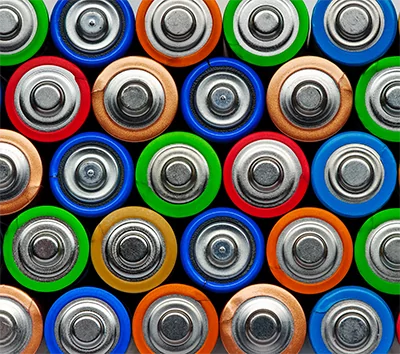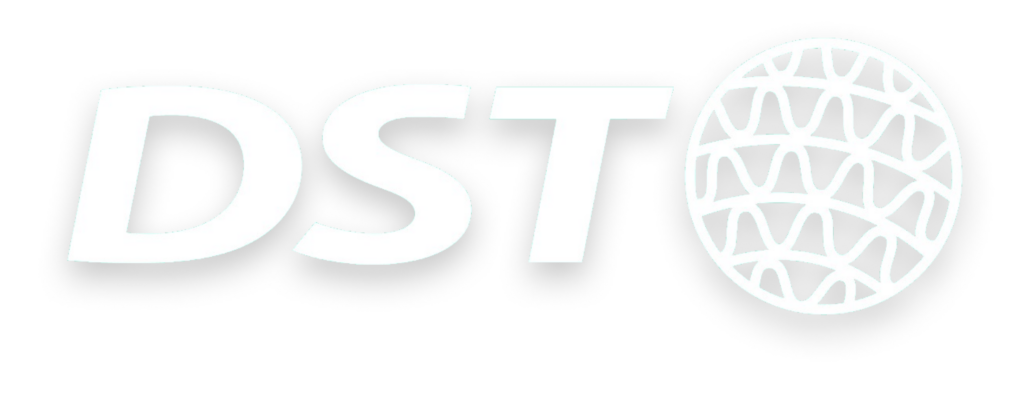DST REPRESENTATIVES
Contact US
DST Humidity Control, Park Works, Woodlands Road,
off Park Road, Elland, West Yorkshire, HX5 9HN
tel: +44 1422 312 562
e-mail: sales@dsthumiditycontrol.co.uk
www.dsthumiditycontrol.co.uk

DST Humidity Control
DST Humidity Control have over 45 years of experience in providing dehumidification solutions to the UK market. Given our long-standing experience in dryer application and the exclusive UK distributor licence with the DST Seibu Giken AB product, we are able to offer market leading solutions for any drying application, regardless of location and size.
By using advanced technologies, innovative engineering and environmentally responsible products, DST Humidity Control not only supply customised desiccant dehumidifiers, but our team provides professional consultancy, design, commissioning and maintenance services to all industries and consumers.
DST Humidity Control are able to apply the same knowledge and experience in working with existing systems to provide either a correction of long-standing issues or improve the drying process, with a view to reduce the environmental impact.
Case Study on Lithium Batteries
DST Humidity Control are the market leaders in the design and supply of ultra-low humidity air systems for battery manufacturing clean rooms.
A dry air supply at 0.05%RH at 20°C (-60°Cdp) can be achieved using our standard D-Max silica gel rotor.
The processes used for manufacturing Lithium-ion batteries are very similar to those used in the production of Nickel Cadmium cells and Nickel Metal Hydride cells. The anodes and cathodes in Lithium cells are of similar form and are made by a similar process. There are however some key differences associated with the higher reactivity of the chemicals used in the Lithium cells.
The electrolyte filling and sealing stage of cell manufacture must be carried out in a “dry room” since the electrolyte is highly reactive with moisture. Moisture causes the electrolyte to decompose with the emission of toxic gases.
One of the most commonly used electrolyte materials, Lithium Hexafluoride, forms toxic hydrofluoric acid (HF), Lithium Hydroxide and Hydrogen Gas when exposed to moisture.
Crucially moisture sealed inside the battery can continue to react after the battery is completed, significantly reducing its lifespan.
Recent research demonstrates that the ambient moisture present in the manufacturing room can degrade the “memory” characteristic of lithium and the newer advanced polymer-based batteries.
The construction method and design philosophy of the climate control system and dry room, are crucial to achieving and maintaining a stable low relative humidity. The dry room and climate control equipment should be designed to achieve:
• ISO Class 6/7 with volumetric air change rates ranging from 60 to 240 per hour with a uniform air flow
• As close to near vapour tight construction as practicable
• Supply air of less than -60°Cdp (0.006 g/kg) with return air of less than -40.0°Cdp (equivalent to less than 0.5% RH at 22.0°Cdb) in order to achieve optimal conditions
• Access to the space via ante room and air-lock air showers
• Optimised fresh air introduction to clean room for operators and positive pressurisation





